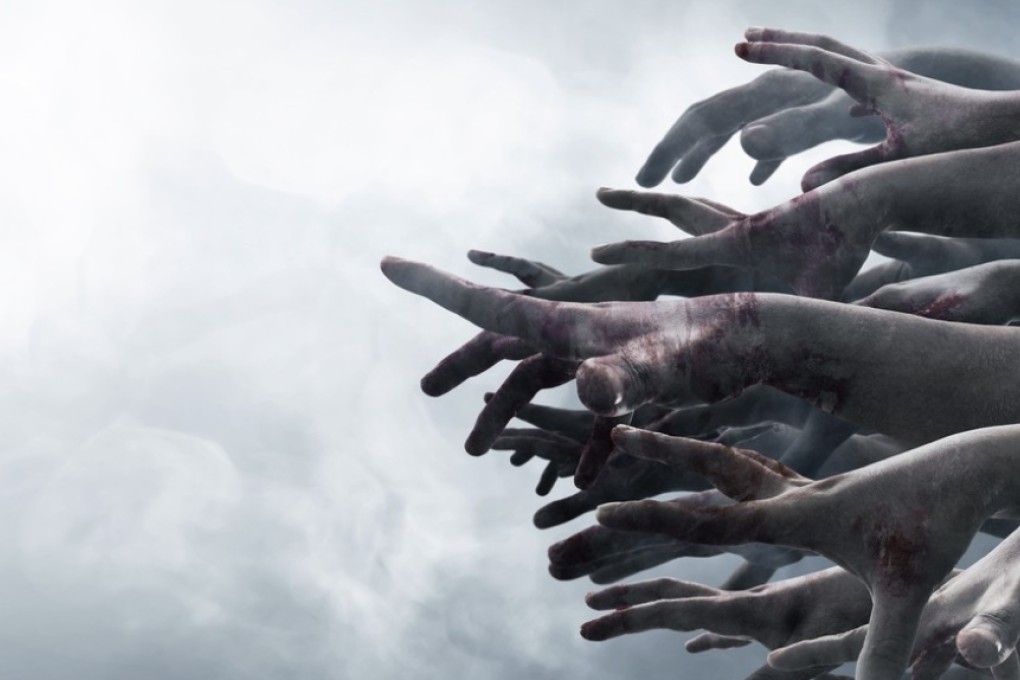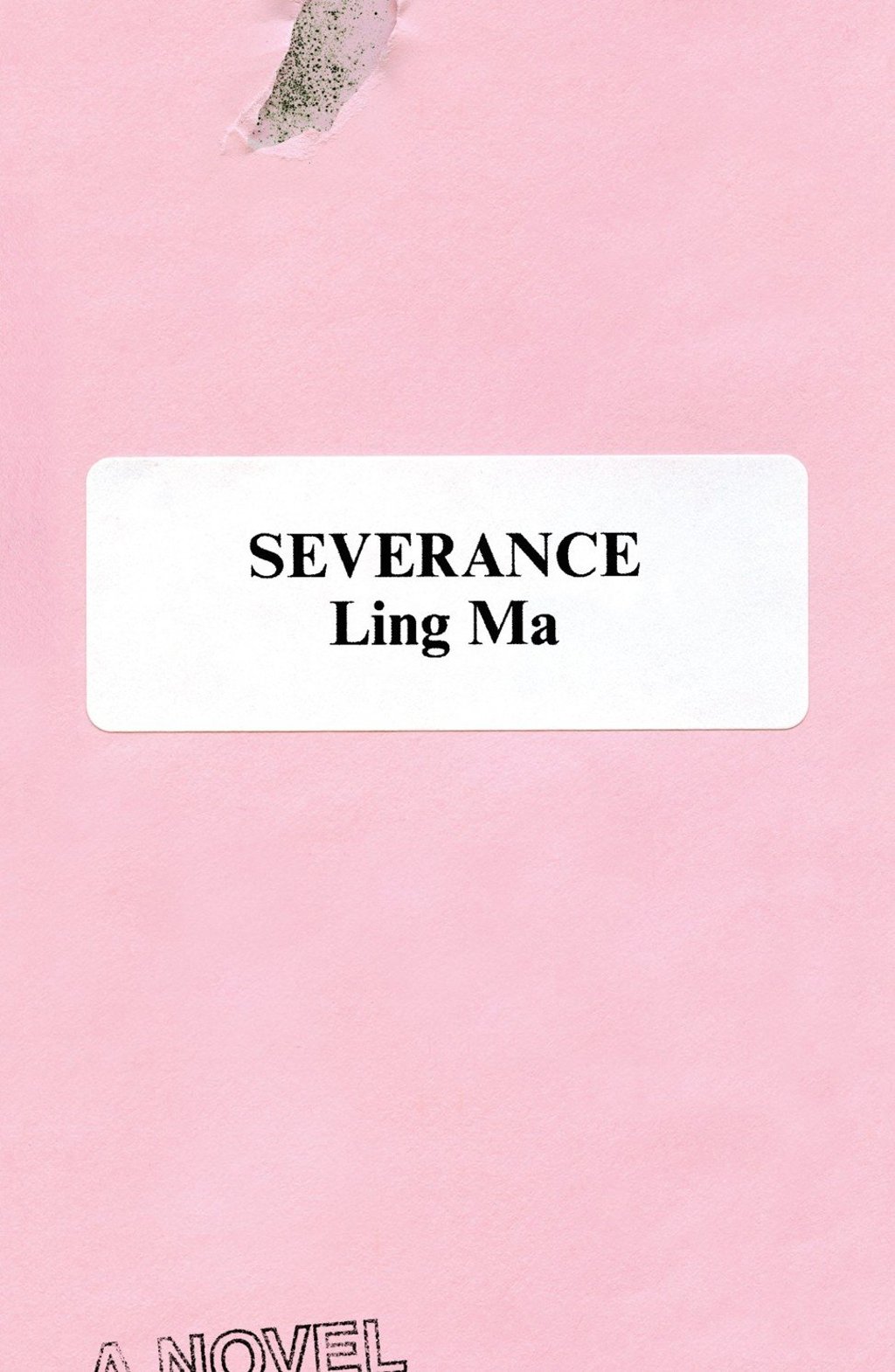How author Ling Ma went from Playboy to a zombie novel set in the publishing world
- When Ling Ma’s fact-checking job at Playboy dried up, she decided to write a novel
- Not wanting to write just another immigrant story, she put her own horror spin on the story

“There were always rumours of moving the magazine to Los Angeles, but gradually. Chicago fell apart in slow motion. They encouraged people to retire early, then they cut the maximum number of holiday days you could roll over to the next year – stuff like that. Of course I knew I would be laid off. There was this definite sense of foreboding.”
So she wrote, imagined her firing, her end – and the end of the world. The novel that resulted was titled Severance, and although it arrived last summer, it’s had a steady word-of-mouth burn, turning up last month on many best-books-of-2018 lists and landing a generous piece in The New Yorker.
It’s also not the thinly veiled tell-all you expect. It’s an apocalypse novel. Set in the publishing world. With zombies.

“If you told me years ago my first book would be this sort of apocalypse thing with zombies, I would have said ‘Are you kidding? That’s so over’. Yet in retrospect, when I look at some of the [earlier fiction] I wrote, I often start from a place of fantasy, and with this? It is a fantasy. It’s just that the fantasy is, ‘What if I didn’t have to work any more? How could I make that come about? And so, how can I collapse the capitalist system?’”
She said the book has already attracted the attention of a major cable network, though you likely guessed that. Less obvious is how fresh Severance reads, how thoroughly Ma, without anticipating it, remade the inevitable zombie apocalypse into a recognisable picture of late capitalism and loneliness.